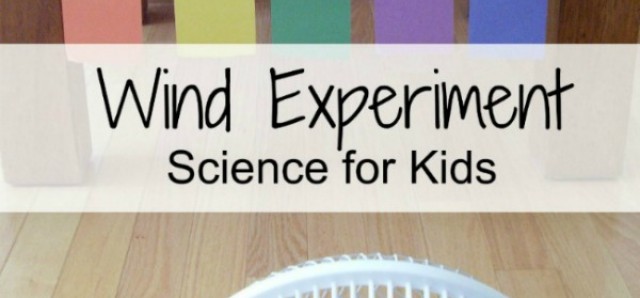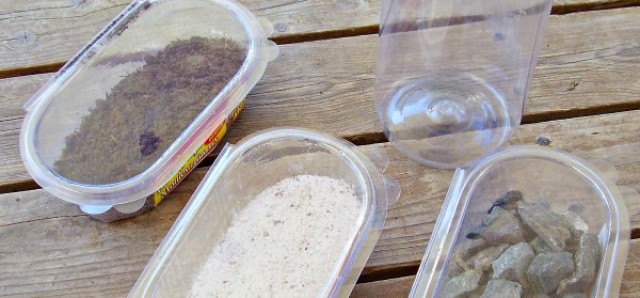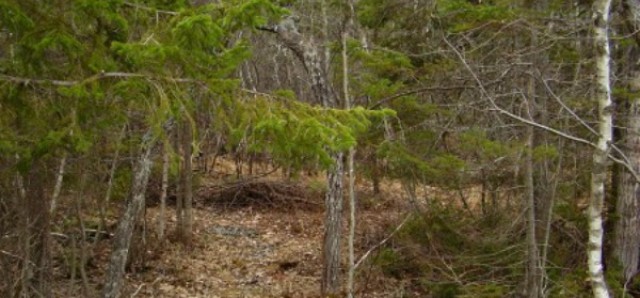How to Use a Globe for an Earth Day Activity
A globe is easy to use for an Earth Day activity. Kids can explore the features of our planet, and view areas where people live around the world. Have fun using a globe for an Earth Day activity with preschoolers.
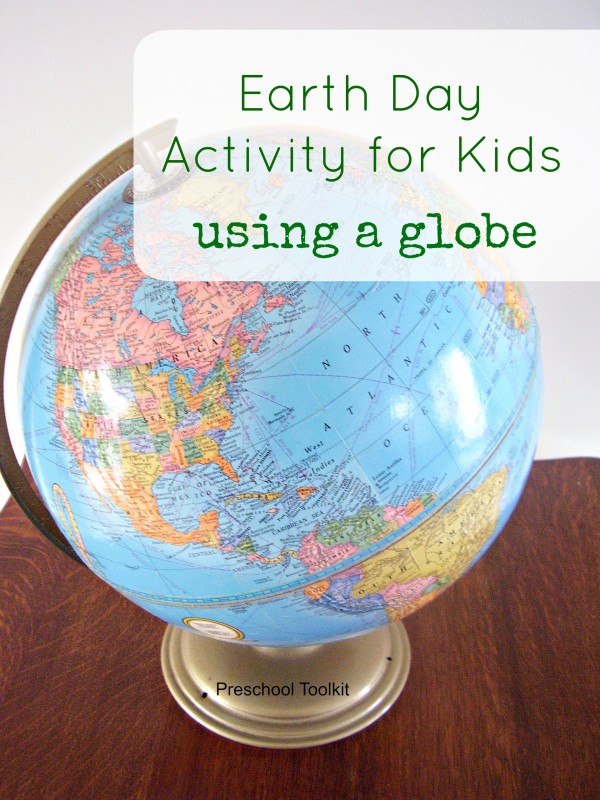
This post contains affiliate links. See our full disclosure.
There are many things to celebrate about our planet, especially around Earth Day.
This includes an understanding of the range of habitats for people - and animals - throughout the world.
Teaching kids about the environment and our choices for taking care of the planet is an important part of an early learning curriculum. This starts with observing the scope of the land mass we call home.
A globe provides a great visual overview of the planet.
- A globe helps us observe and compare the locations where people, and animals, live.
- A globe shows us how rivers and lakes, islands and peninsulas, and even borders crisscross and divide the planet. Areas of land and water, including individual countries, are distinguished by the different colors and patterns on the globe.
This Earth Day activity provides a hands-on view of the planet for kids.
Using a simple item like play dough helps kids explore distances between countries, cities and towns around the world.
Globe activity for Earth Day
Supplies for Earth Day activity
- card stock
- dot stickers
- marker
- ruler
Instructions for Earth Day activity
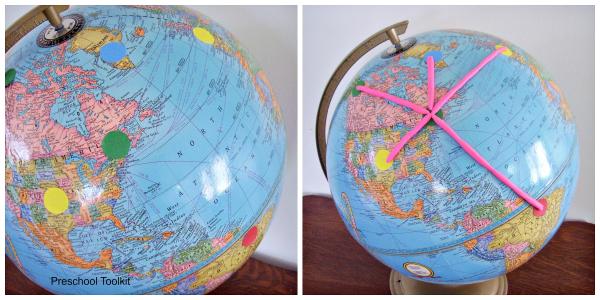
1. Choose a starting point or "home" to place a dot sticker. Place more dots on various locations around the globe.
The places you choose may be the result of ongoing discussions or learning opportunities, such as a location someone might have visited recently, or where polar bears live.
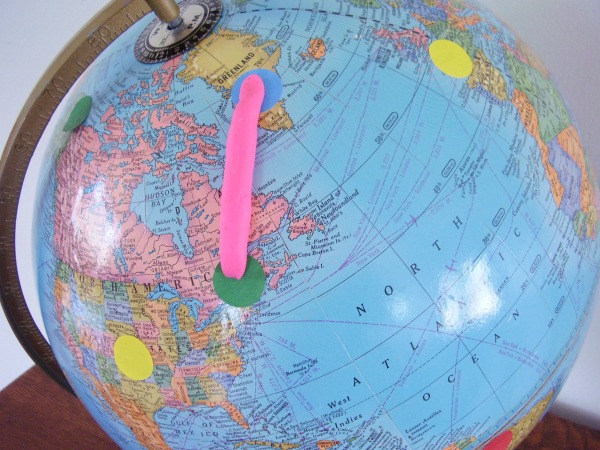
2. Place a clay strip on the globe to link your starting point with one other dot.
Make strips with the modelling clay by rubbing the clay between your palms, or rolling the clay on a table with a palm. The resulting strips may be thick or thin, according to how each child works with the clay.
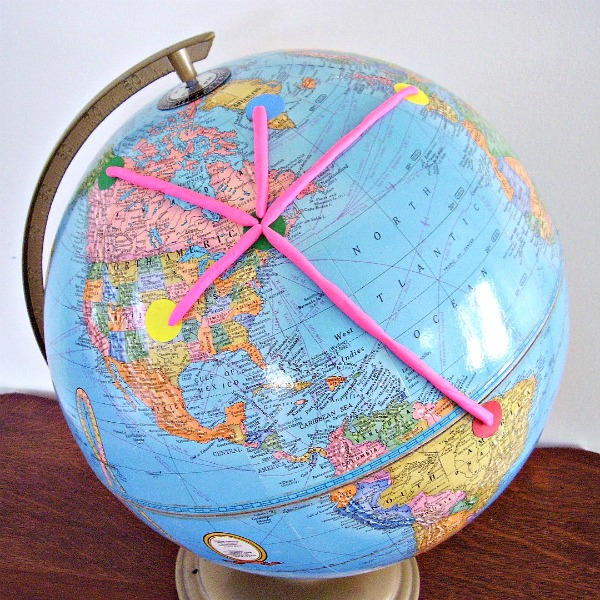
3. Continue linking all the dots to the "home" dot with clay strips. This will take some trial and error rolling the clay to get the lengths just right!
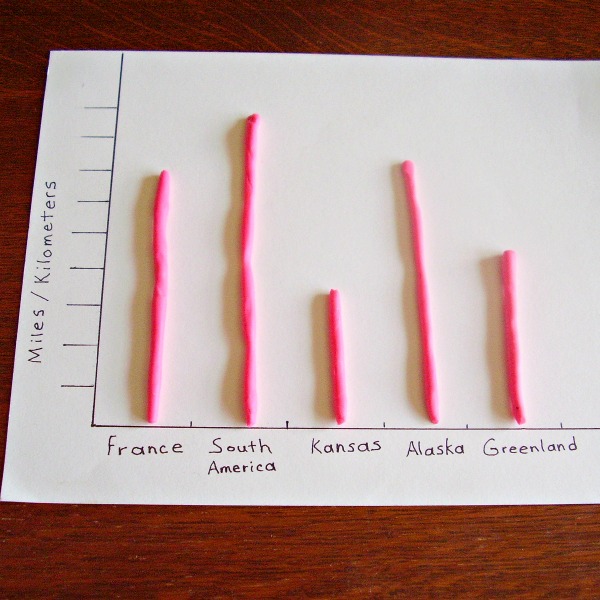
4. Carefully transfer the strips of modelling clay to a simple graph drawn on card stock.
Observe the results!
Small group activities
- Observe the design of the modelling clay on the globe before transferring the strips of clay to the graph paper.
- Predict which country/state/city is farthest away.
- Once the clay is placed on the graph, determine the shortest and longest distances.
- Talk about how you might travel from one place to another.
With options such as shape, color and texture, a globe is fun and interesting way to view our world.
It's exciting to learn that Earth is a home to many people - and animals - both near and far!
Use globes and maps as hands-on tools that can help kids become aware of the breadth of the planet on which they live.
As stewards of the planet, we can help maintain thriving environments for all plants and living beings.
The responsibility can be shared by the youngest and the oldest persons and everyone in between.
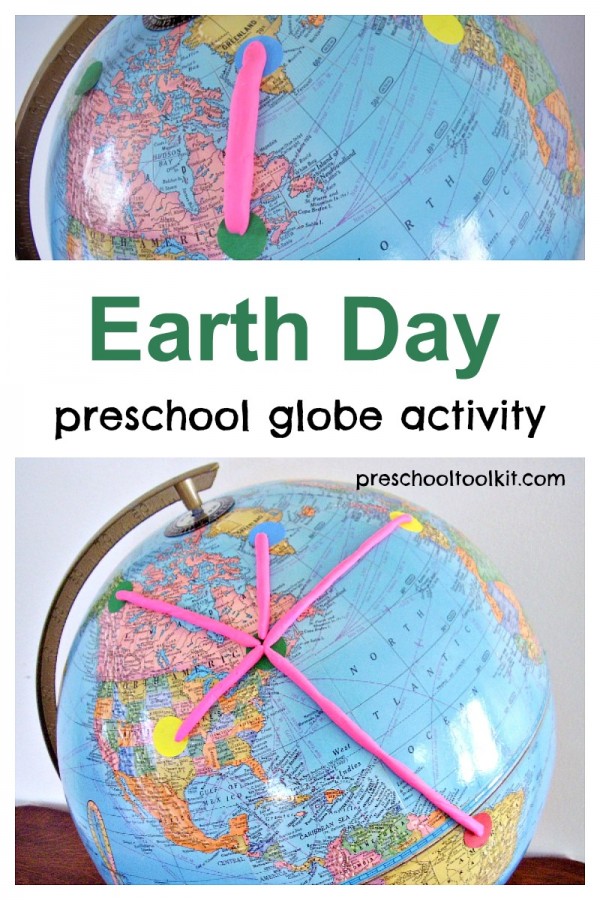
Earth Day on Pinterest
